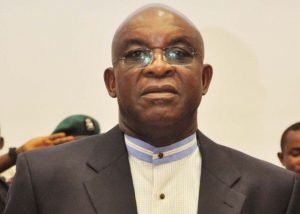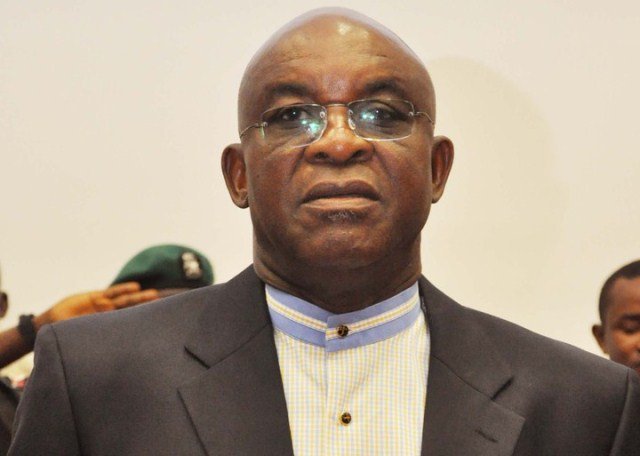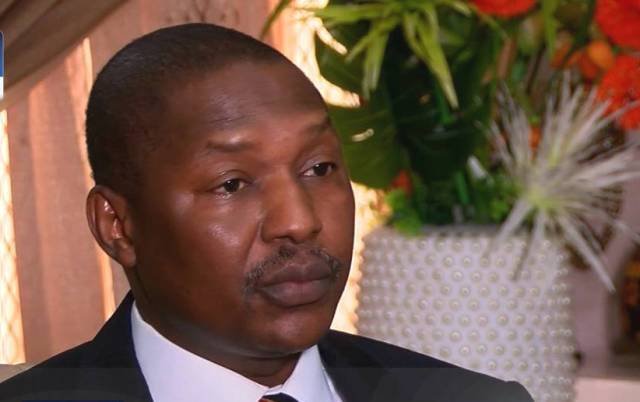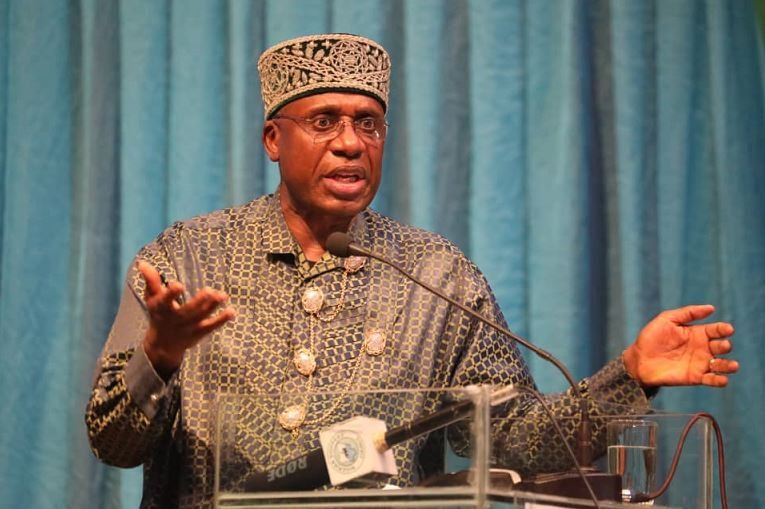The Senate Leader, Opeyemi Bamidele, said on Monday that both chambers of the National Assembly are expecting President Bola Tinubu to present the 2025 budget as well as the new medium-term expenditure framework and fiscal strategy paper as the National Assembly resumes today (Tuesday) from its annual recess.
Bamidele, in a personally signed statement, said, “The consideration of MTEF occupies a prime place on the rung of our legislative agenda.
“This is simply because MTEF must be ready before the 2025 Appropriation Bill can be laid before the National Assembly.”
The MTEF is the legal framework that provides the template for the budget and is usually submitted to the parliament ahead of the president’s presentation of his yearly budget to lawmakers.
Both the Red and Green Chambers began their yearly break on 17 July and are scheduled to resume plenary activities today.
The Senate Leader also announced that the Constitution study, which had been ongoing since the committee’s inception, would take its full course in the coming months.
He added, “We are equally preoccupied with the review of the 1999 Constitution. In the Senate, the Constitution Review Committee is chaired by the Deputy President of the Senate, Senator Jibrin Barau.
“In the coming weeks, the committee will hold retreats and strategy sessions, call for memoranda, and organise zonal meetings on some sections of our constitution that should be amended.
“Given the pedigrees of all its members, this exercise no doubt promises a truly federative approach that will redefine and reinvent public governance in this country,” Bamidele noted.
He also stated that a joint committee of the Senate will be established to investigate the alleged oil theft.
Previously, the Senate ad hoc committee was saddled with the obligation and operated independently of the House of Representatives.
Bamidele said, “As we return fully to the parliamentary sessions on Tuesday this week, the National Assembly will, without ambiguity, revisit its decision to decisively address challenges in the petroleum industry.
“The industry is not optimal in its performance. This may not be unconnected to crude oil theft, endless turnaround maintenance of public refineries, importation of substandard petroleum products, and fuel supply disruption, among others.
“Contrary to some media reports, the Senate never suspended its Ad Hoc Committee to Investigate Alleged Economic Sabotage in the Nigerian Petroleum Industry but postponed its public hearing due to the need to address issues that border on the Rules of the National Assembly.”
He stated that both chambers of the National Assembly would resolve the issues and possibly constitute a joint committee that would continue with the investigation from where the ad hoc committee stopped.
“We are committed to unearthing the roots of economic sabotage in the petroleum industry in the national interest and developing institutional mechanisms to make the industry more efficient and functional.”
Rotimi highlighted the key issues for consideration as the Reps resumed the 2025 appropriation bill, the constitution review exercise, and electoral reforms.
He said, “With the 2024 fiscal year coming to a close, the House eagerly anticipates receiving the 2025 Appropriation Bill soon. Timely submission from the executive is crucial, as it facilitates thorough scrutiny and public input through town hall meetings, a practice pioneered by the House during the 2024 budget review.
“The House is firmly committed to maintaining the January-December budget cycle and anticipates cooperation from the executive in this regard.
“Honourable members will actively debate and pursue legislative action on pressing challenges faced by Nigerians, particularly those related to the recent flooding in Maiduguri, the spate of insecurity in the country, and the economy. These issues, among others of urgent national importance, will be prioritised as we respond to the needs of our constituencies.”
He also noted that proposed laws captured in the legislative agenda would be deliberated upon, given their significance to Nigerians’ quest for good governance.
“Bills and motions aligned with our commitments in the legislative agenda will receive prioritisation and fast tracking, particularly because they will serve as indicators by which Nigerians assess the 10th Assembly at the upcoming midterm in June 2025,” he added.
The statement also highlighted the importance of amending the 1999 Constitution, saying, “The constitutional review process serves as the bedrock of our democracy, embodying our collective aspirations for a just society. The House reaffirms the December 2025 deadline to arrive at definitive outcomes for the Sixth Alteration to the 1999 Constitution (as amended).
“The House Committee on Constitution Review, chaired by the Deputy Speaker, Benjamin Kalu, will intensify efforts to address pressing issues and align our laws with the needs of the public.”
Furthermore, he added that the committee received “about 305 memoranda from the public and about 150 constitution alteration bills from honourable members, reflecting significant public engagement and concern. These bills will be given accelerated consideration.”











